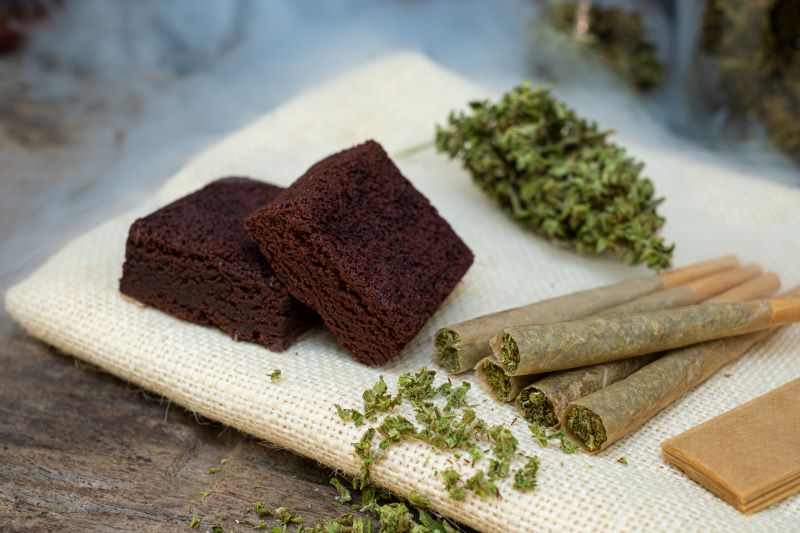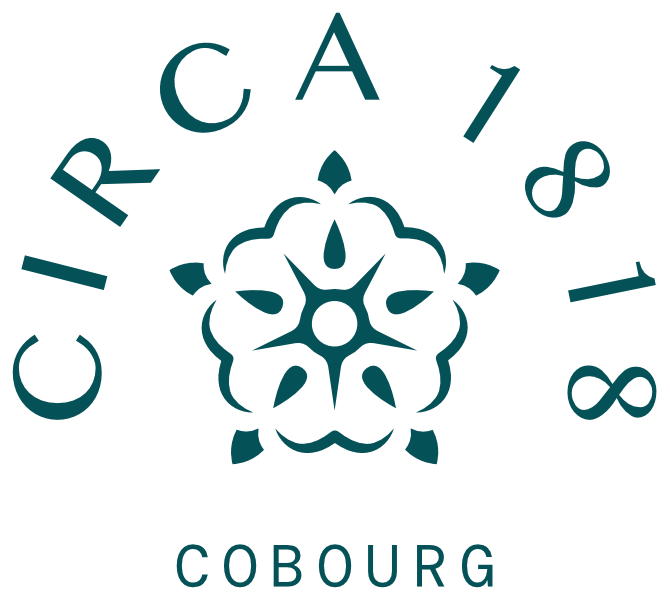Hey folks! Welcome back to our little cannabis blog. I hope you’re feeling ready for some hardcore cannabis knowledge, cause this week we’re going to be delving into a form of cannabis that has probably the most committed following: Hash.
If you know any hash enthusiasts, you probably already know that they are devoted to hash above all other forms of cannabis, preferring the unique body high that it provides. Full disclosure, up until very recently my hash knowledge was basically nonexistent. Like many people I had consumed it once or twice but hadn’t ever really delved too deeply into its many layers. So, to help me learn more I used a variety of different sources, but without a doubt the best one was a website recommended to me by my buddy Adam committed to the teachings of Frenchy Cannoli who (aside from having a wicked name) was basically a hash guru. If any of the stuff you read here today piques your interest, I highly recommend checking out this website https://frenchycannoli.com/ .
Dank Origins
We’ve already touched on the early days of hash before so we won’t go too far into it but suffice to say that for centuries it was the most popular method for imbibing cannabis and played a part in many religious rituals, some of which are still practiced today. Hash is created by applying heat and pressure to the trichomes of the cannabis plant until the trichomes form into a sticky, dark substance that we call hash. Arguably the earliest form of hash production was called charas and was the result of farmers and laborers rubbing fresh cannabis blooms between their hands and then collecting the resinous trichomes they gathered and rolling it into small balls that they would then consume later. Nowadays we tend to use hydraulic presses to make this traditional type of hash, but the principal remains the same: heat, pressure, and time make the hash.
That’s just one of the many types of hash that can be produced and just one of the many methods that can be used to produce it. Different methods produce hash of different consistencies, flavours and potencies with many people being particular to their preferred type of hash.
Aged, not old.
Quick, what do wine, cheese and hash have in common? If you answered that all of them are favorites of your weird uncle Teddy who insists on wearing a bathrobe everywhere he goes, you’re only half right. The real answer is that all three can be aged in order to bring out bigger flavours and enhance the experience of consumption. Ageing shouldn’t be confused for storage, as ageing something like wine or hash requires that it be contained in a very controlled climate in order to allow for the material to mature without outright going bad. And as we’ve discussed before, weed can most certainly go bad. Aged hash tends to be darker and more aromatic than the younger varieties, boasting a smoother burn and a higher degree of malleability as well. To put it bluntly (hehe) if you want to truly explore the world of cannabis terpenes and its many complex flavours, aged hash is the way to do it.
This sounds…fancy.
You’re not wrong internal voice, it is quite fancy. Well made hash is an entirely different experience from other cannabis categories. The amount of love, care and science that goes into the creation of the best hash on the regulated market is simply mind boggling, with hash makers being some of the most passionate people in the cannabis production trade. So, if you want to raise your game and become a true ‘canna-expert’, pick up some hash and get ready for a trip you won’t forget.
In case the idea of aged hash really appealed to you (and why wouldn’t it?) we happen to have one in stock right now! Check out our entire menu of concentrates for some of the best crafted cannabis around.







